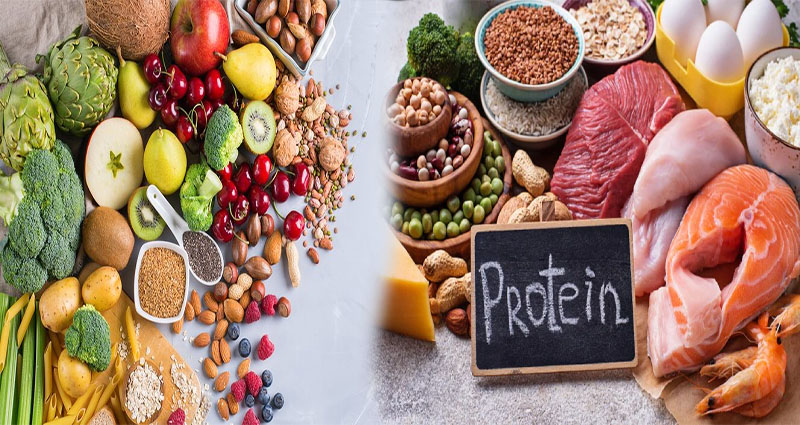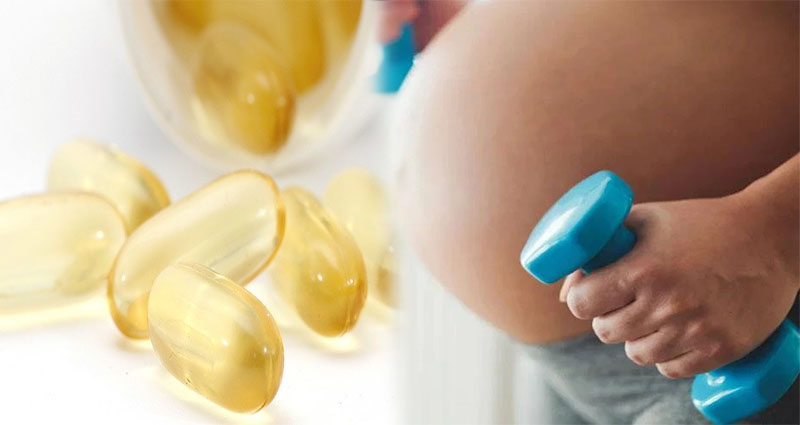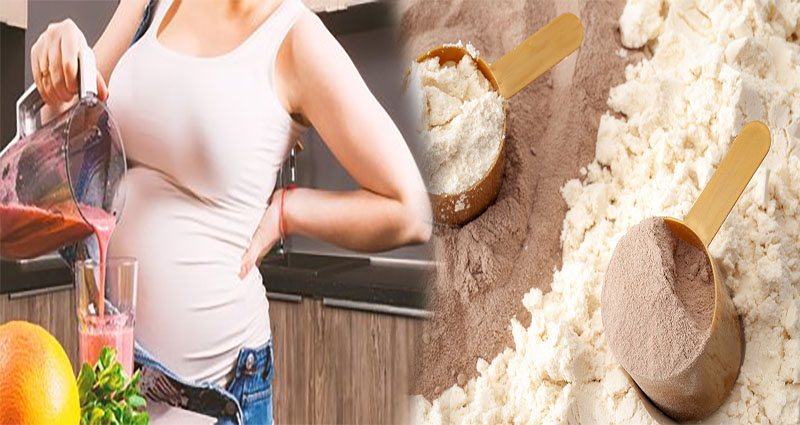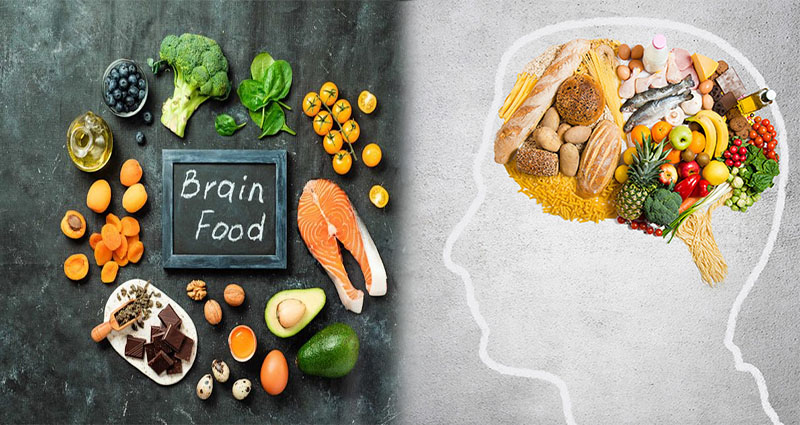A Bodybuilding Diet For Beginners
If you’re new to bodybuilding, it can be confusing to determine what you should eat. While some of the more popular bodybuilding diets contain high amounts of protein, you should also include some slow-digesting carbohydrates, fiber, and micronutrients to help you build muscle. In addition, you should choose a meal plan that is easy to follow and includes a variety of healthy foods.
Protein
A bodybuilding diet for beginners can help beginners build muscle, lose fat, and get in shape. These plans help you count calories, fat, carbs, and protein. They also encourage you to eat six meals a day and increase your metabolism. If you don’t have the time to prepare and cook meals, you can use protein shakes or eat protein- rich foods.
Protein is an important part of any bodybuilding diet, so it’s imperative to choose the right sources. Lean meats and fish are both great sources … Read More













